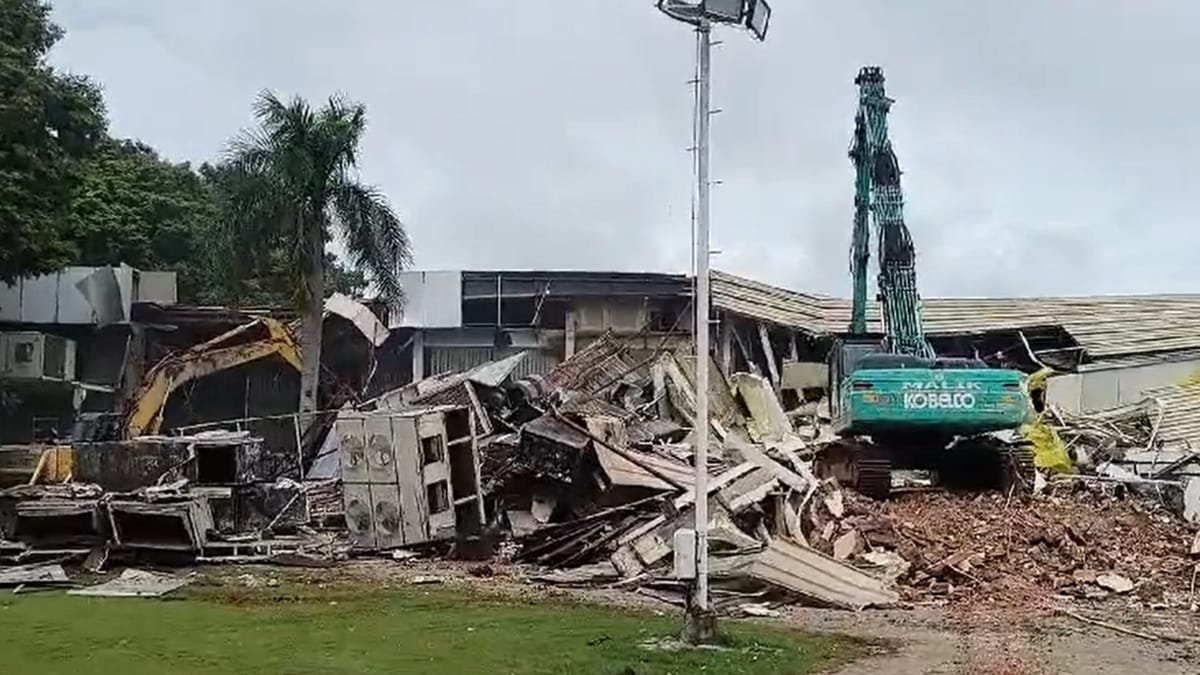HYDRAA intensifies crackdown on illegal waste dumping in Hyderabad
Hyderabad’s water bodies are under severe threat as unchecked construction waste dumping continues to choke its lakes and water channels. In an aggressive move to curb this growing crisis, the Hyderabad Water Supply and Sewerage Board (HYDRAA) has launched a strict crackdown on illegal disposal of debris, urging citizens to play an active role in identifying violators. Commissioner AV Ranganath has called upon the public to report cases of lorries, tippers, tractors, and JCBs offloading construction waste into lakes. Citizens can send videos and details via a dedicated helpline (9000113667), enabling authorities to track offenders in real time. Over the past month alone, HYDRAA has seized 31 lorries and filed 48 cases against violators, including both vehicle owners and construction companies.
A deepening civic crisis and urban challenge
The rampant dumping of construction debris into water bodies has emerged as a major urban crisis, exacerbating pollution, encroachment, and degradation of Hyderabad’s vital water sources. Civic activists and residents have long complained about unchecked violations, which not only disrupt the city’s drainage system but also reduce the water-holding capacity of lakes, leading to urban flooding during monsoons. The HYDRAA’s intervention signals a shift towards stricter governance, yet challenges remain, as enforcement has often fallen short due to limited surveillance and manpower. Comparatively, cities like Bengaluru and Chennai have established monitored waste disposal sites, reducing the environmental burden. Experts argue that Hyderabad must adopt a similar model, integrating designated dumping yards and digital tracking mechanisms to ensure accountability.
The sustainability perspective: Environmental costs of negligence
From a sustainability standpoint, the disposal of construction waste in natural water bodies has long-term repercussions on groundwater recharge, aquatic biodiversity, and urban climate resilience. Lakes that once served as crucial reservoirs for water conservation are now turning into landfills due to negligence. Environmentalists stress that repeated violations can cause irreversible damage, making it imperative for both government agencies and citizens to take joint responsibility. Strengthening penalties for illegal dumping and promoting the recycling of construction waste into reusable materials like bricks and concrete aggregates could pave the way for more sustainable waste management. In a city aiming to become a smart urban hub, prioritising ecological sustainability should be non-negotiable.
A way forward: Public engagement and policy implementation
While HYDRAA’s crackdown is a much-needed step, the long-term solution lies in sustained policy enforcement and increased citizen participation. A comprehensive waste management framework should include incentives for responsible disposal, technological monitoring of construction activities, and stringent penalties for repeated violations. In addition to punitive measures, raising awareness among builders, contractors, and transport operators about designated waste disposal methods can significantly curb illegal practices. As Hyderabad expands rapidly, balancing urban growth with environmental responsibility is essential. With collective action and stronger regulations, the city can reclaim its water bodies and ensure a cleaner, more sustainable future.


